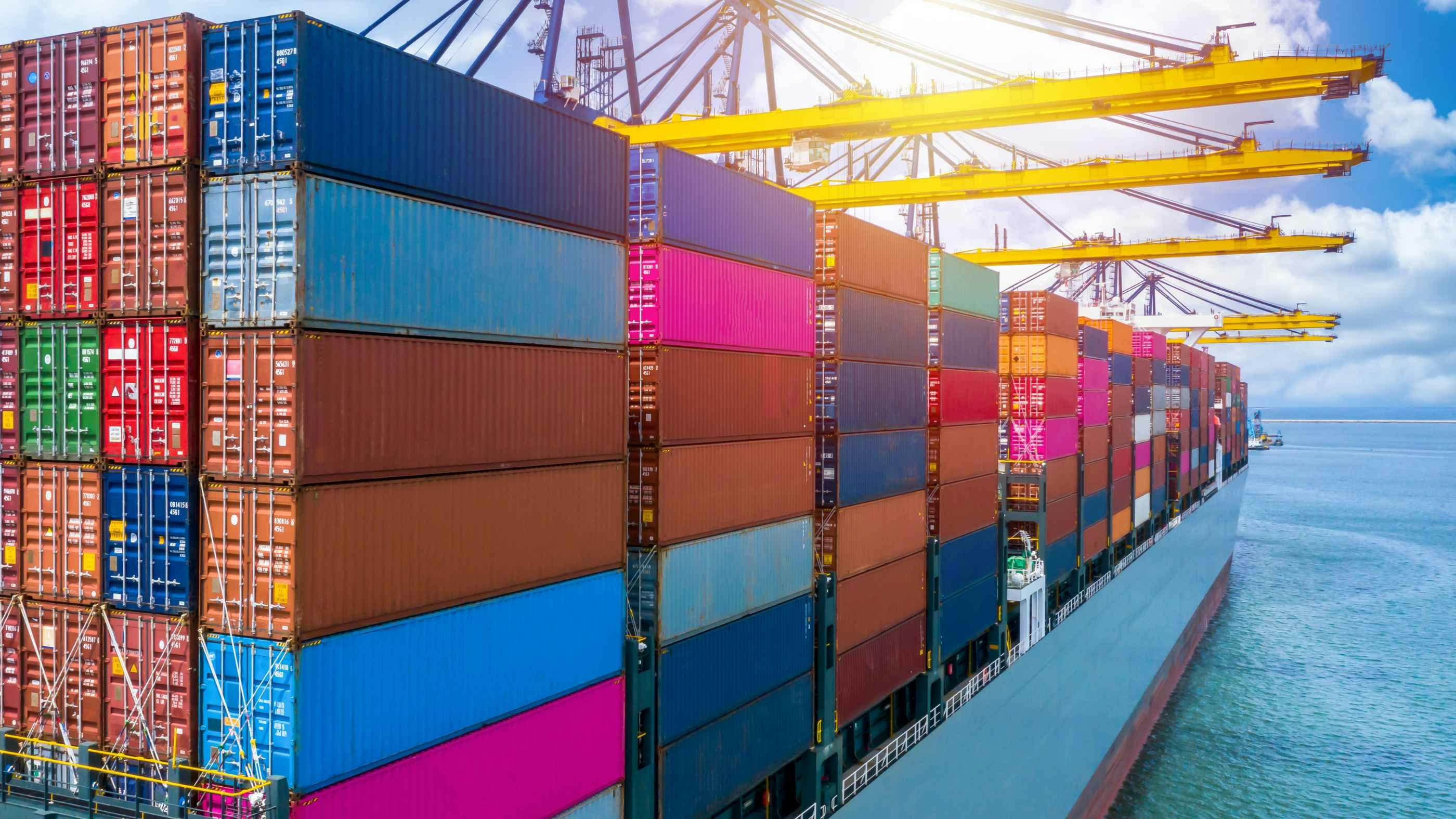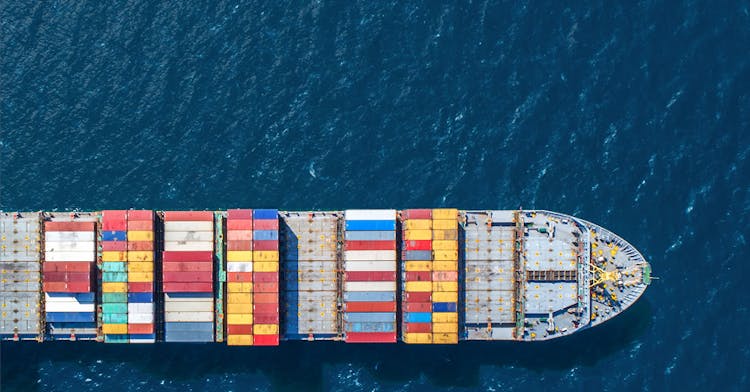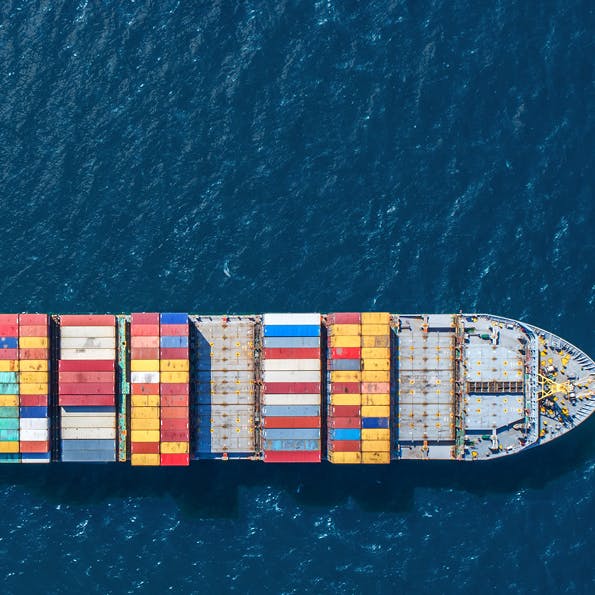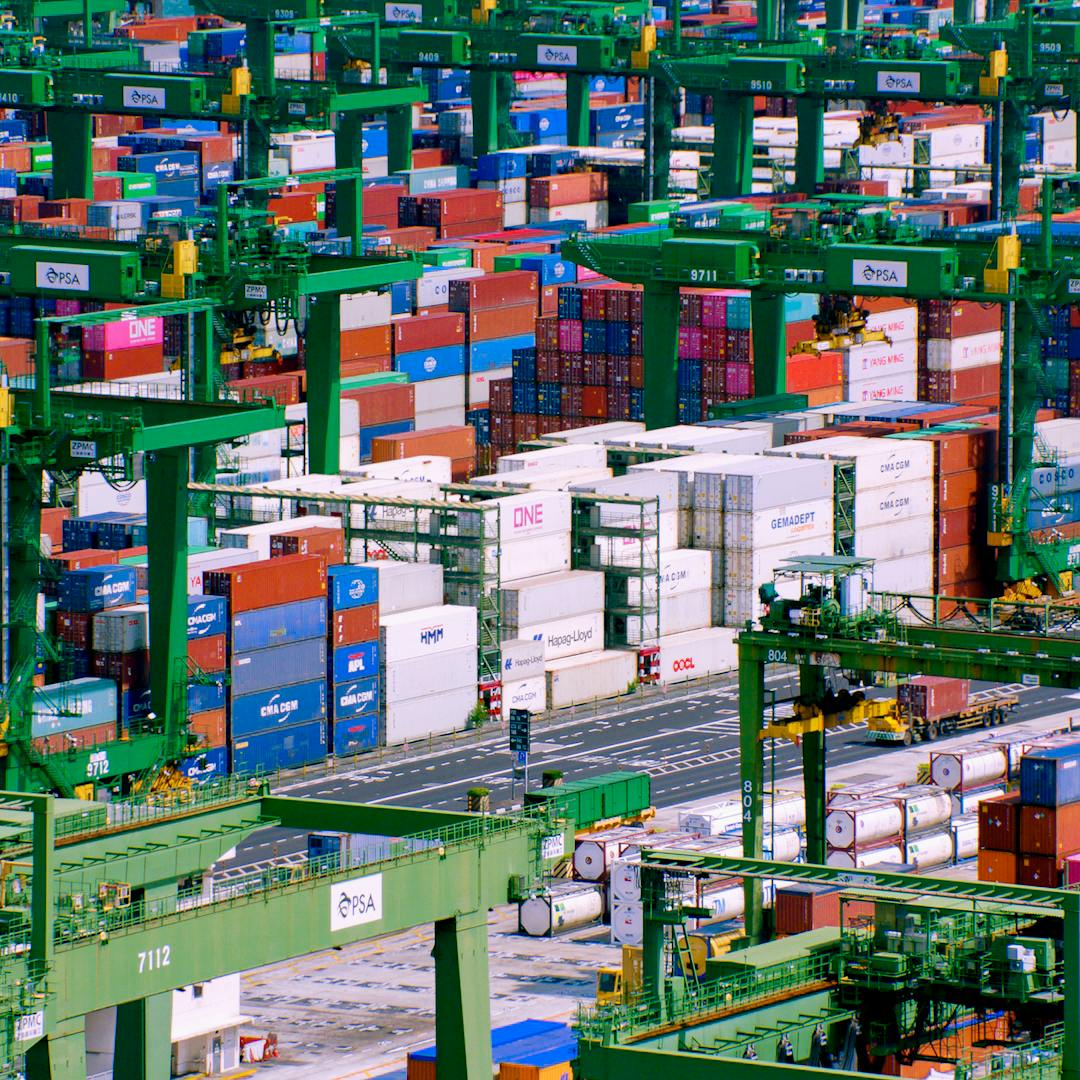Banks
Your needs


Customising document exchange channels is burdensome
Pressure is mounting to digitalise trade documentation, especially since 9 of the 10 largest container carriers started the movement in 2019 to standardisation and digitalisation and some of your bank’s biggest customers are underway with their own digital initiatives. While it ultimately has benefits – fewer errors, more streamlined straight through processes, lower fraud risk, increased sustainability – creating bespoke channels for exchanging digital documentation with every stakeholder is prohibitively expensive. And then getting thousands of customers on board with making the switch may seem an impossible project. On surface, a real business case for transformation from paper - B/L to eBL is not that obvious, yet, industry momentum is pushing you in that direction.

Standards that allow end-to-end documentation exchange
DCSA collaborates with its members (ten of the largest container carriers), government bodies, cargo owners and other relevant supply chain stakeholders to develop standards that allow the seamless end-to-end exchange of digital trade documentation. Using interoperable data models and APIs, DCSA standards enable straight-through digital processing of all container trade-related documentation, increasing accuracy and security while reducing costs. DCSA works closely with eBL solution providers on platform interoperability to ensure seamless eBL transfer across platforms. Interoperability will stimulate and facilitate large-scale adoption of eBL. Standardised digitalisation of trade documentation will enhance the sustainability of international trade by reducing waste related to printing, handling, storage and transportation of paper documents.
Key benefits
Our standards will provide several key benefits for your bank’s trade finance operations.
- Increased efficiency and accuracy
Reduction of delays and errors associated with manual data entry and processing, illegible handwriting and lost documents. Digital files enable simultaneous sharing with required operational and risk support functions. - Fraud reduction
Enhance the security of electronic documents with digital signatures, encryption technologies and authentication mechanisms to ensure the information is tamper-proof, which can reduce the risk of double financing. The eBL becomes the single source of truth thanks to control tracking. - Increased business flexibility
The licence with your current solution provider(s) is sufficient. Interoperable data exchange interfaces enable you to work cost-effectively and contribute to scaling adoption, without the need for onboarding additional solution providers. - Reduce risk
Reduce dependency on physical documents that may be susceptible to loss, damage or fraud during transit. - Increased sustainability
Help the industry go paperless with 100% adoption of fully digital documentation. Reduce expenses related to printing, handling, storage and transportation of physical documents.


Join DCSA+
The DCSA+ partnership programme offers a unique opportunity to collaborate with industry leaders, drive innovation, and accelerate interoperability.
Connect with key stakeholders to exchange insights and explore opportunities. Accelerate your digital journey with expert support for implementing standards. Contribute to future digital standards.
Let us know how we're doing
Where you able to find what you were looking for on this website?
Our standards allow real-time collaboration between container shipping stakeholders. By ensuring continious access to timely shipping information, our standars enable stakeholders to proactive, data-driven decisions that improve business agility.
Ready to implement?
API specifications and a reference implementation can be found in our Developer Portal.
Contact us
Shape the future of container shipping with us. Contact us to discover how digital standards can help your organisation to grow.
Contact us
Shape the future of container shipping with us. Contact us to discover how digital standards can help your organisation to grow.








